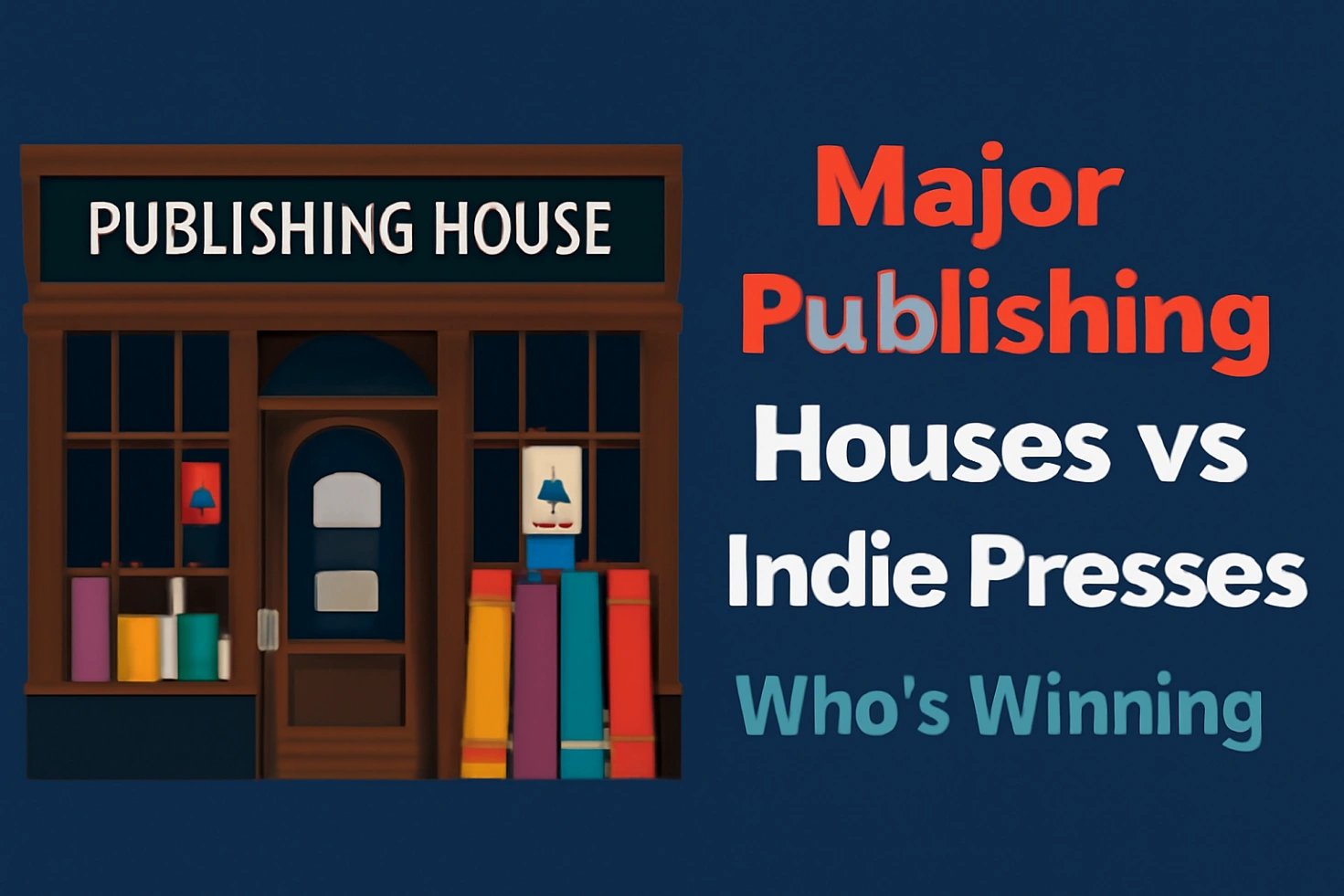Every author reaches a crossroads: Do I pursue a major publishing house, or do I go indie?
On one hand, the Big Five promise prestige, professional polish, and wide distribution. On the other, indie presses offer creative freedom, faster timelines, and deeper author-editor collaboration. But when it comes to editing a book manuscript, arguably the most important part of the process, who really delivers?
In 2025, the publishing landscape is shifting. Authors are savvier, readers expect more, and sloppy editing doesn’t fly, no matter the publisher’s size. This isn’t just about who has more resources. It’s about who uses them well.
Let’s pull back the curtain and compare how each side tackles professional book editing, and what it means for the final product on your shelf.

